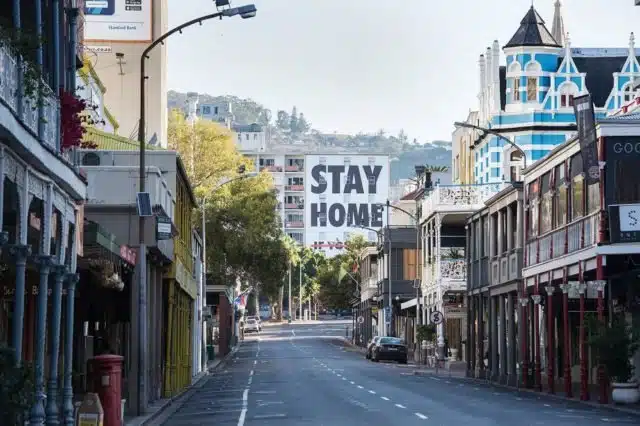
New ‘disaster fund’ proposed for South Africa
The Public Service Commission (PSC) has recommended for government to explore a possible ‘Disaster Fund’ managed by an independent multi-sectoral body/structure, with strong participation from civil society as well as business.
The PSC said that this is to ensure adequate resourcing of socio-economic relief packages for future pandemics or disasters.
The PSC addressed a media briefing on Tuesday in Pretoria on the Quarterly Bulletin titled: The Pulse of the Public Service, which covers the period 1 January 2022 to 31 March 2022.
Public Service Commission (PSC) commissioner, Anele Gxoyiya, said that the PSC has found that people residing in rural and peri-urban areas encountered far greater challenges in accessing the special Covid-19 Social Relief of Distress (SRD) grant for R350 than those living in urban areas.
“The grant applications required the use of digital or technological applications, and this made access very difficult for people without access to smart or feature cell phones, computers, data and digital literacy to access the internet,” he said.
The special COVID-19 SRD grant provided vital support to more than 10 million unemployed people who were most vulnerable to the impact of the pandemic. The grant helped in reducing hunger and vulnerability among poor households.
The commissioner said that the Department of Social Development (DSD) admitted that the South African Social Security Agency (SASSA) food parcels had reached only 12% of people who were eligible to receive them.
He added that with Non-Government Organisations and other government agencies stepping up to provide food to an estimated 3 million people, SASSA contributed less than 10% of all food parcels delivered during the lockdown.
“Based on the findings and lessons learned it is recommended that a portfolio of social and economic relief packages should be developed and supported by appropriate policy and regulations to ensure that a comprehensive response is initiated from the start of the next pandemic/disaster,” he said.
In addition, Gxoyiya said that a multi-sectoral and inter-sectoral structure that prioritises a cooperative governance approach should be established and should be responsible for coordinating disaster responses in national, provincial and local government spheres.
“This will promote transparency and accountability for the decisions taken, and assist in effectively addressing the ‘trickle-down’ challenges by ensuring that resources are deliberately and carefully targeted to ensure that they reach the beneficiaries who need them most.
“In the context of any future disasters and shocks, procurement processes should be relaxed only where there are robust alternative oversight mechanisms in place,” the Commissioner said.
He said that the PSC hoped that these recommendations will assist government and all stakeholders to be more prepared for the immediate and future disasters and pandemics so that the impact on people’s lives is minimised.
Read: This is one of South Africa’s biggest money mistakes: Reserve Bank governor



